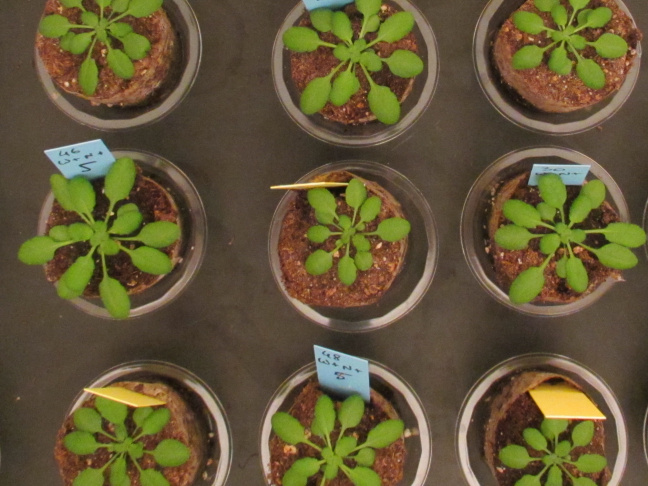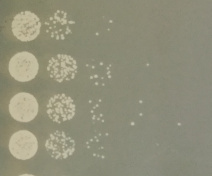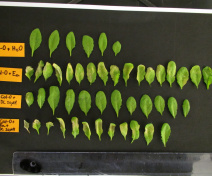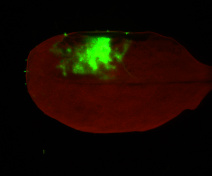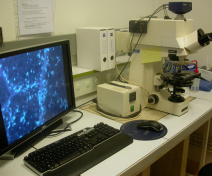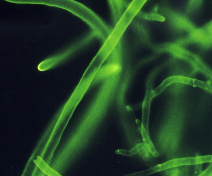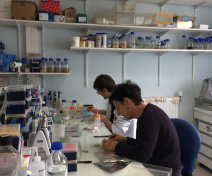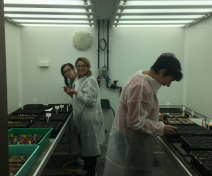The NPI team studies plant diseases caused by necrotrophic pathogens. Our aim is to understand the mechanisms of pathogens attack plants and of plant defense. We also study the impact of plant nutrition on these mechanisms, in particular plant nitrate nutrition.
The team focuses on the fungus Botrytis cinerea, responsible for grey mold, and the bacterium Erwinia amylovora, responsible for fire blight.
Biological Question
Our team is specialized in the study of the interaction between plants and pathogenic microbes. We aim at understanding the mechanisms that allow pathogens to attack plants and plants to defend themselves. More specifically, we wish to identify and characterize genes that are responsible for these mechanisms: genes required for pathogen virulence production and genes required for plant defense metabolite production. Furthermore, we study the impact of plant nitrate nutrition on these processes.
Biological Question
Our team is specialized in the study of the interaction between plants and pathogenic microbes. We aim at understanding the mechanisms that allow pathogens to attack plants and plants to defend themselves. More specifically, we wish to identify and characterize genes that are responsible for these mechanisms: genes required for pathogen virulence production and genes required for plant defense metabolite production. Furthermore, we study the impact of plant nitrate nutrition on these processes.
Models, tools and methods
A large part of our studies are done using the model plant Arabidopsis thaliana but we also work on crop plants such as grapevine, tomato, apple tree and beetroot. For our studies, we use a combination of molecular genetics, metabolomics, quantitative genetics, transcriptomics and gene editing both in the plant and in the pathogen.
A large part of our studies are done using the model plant Arabidopsis thaliana but we also work on crop plants such as grapevine, tomato, apple tree and beetroot. For our studies, we use a combination of molecular genetics, metabolomics, quantitative genetics, transcriptomics and gene editing both in the plant and in the pathogen.
Societal and economical impacts
Plant pathogens are responsible for important economic losses in crop plants. This is even more true for the class of pathogens we study, against which no major forms of resistance have been identified in plants. Furthermore, new regulations (Plan Ecophyto 2025) compelling growers to reduce farm inputs will increase the incidence of some crop diseases. The understanding of the mechanisms at play will allow us to find alternative and eco-friendly solutions to protect plants, such as biocontrol.
Plant pathogens are responsible for important economic losses in crop plants. This is even more true for the class of pathogens we study, against which no major forms of resistance have been identified in plants. Furthermore, new regulations (Plan Ecophyto 2025) compelling growers to reduce farm inputs will increase the incidence of some crop diseases. The understanding of the mechanisms at play will allow us to find alternative and eco-friendly solutions to protect plants, such as biocontrol.
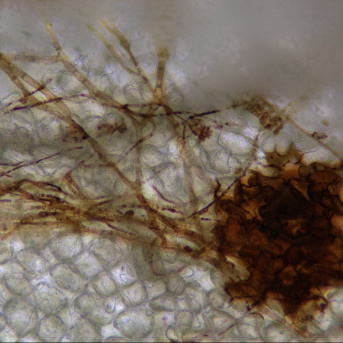
Leader:
Mathilde Fagard
